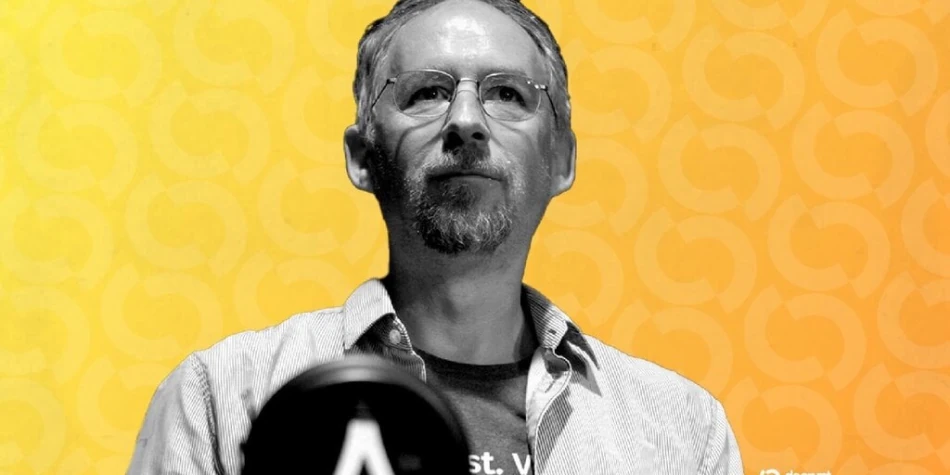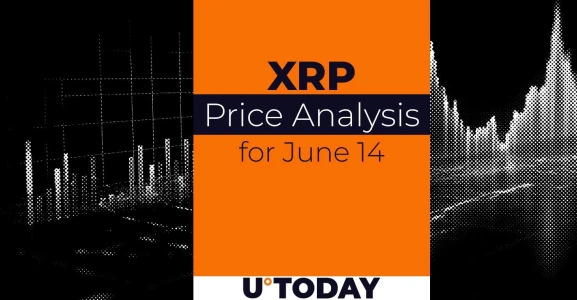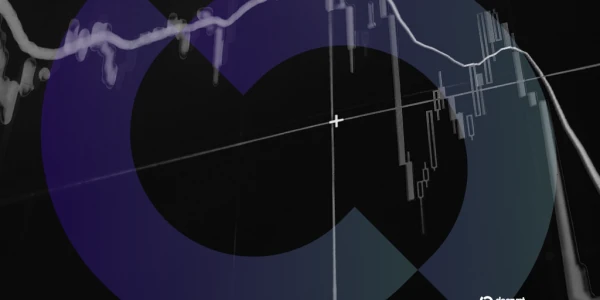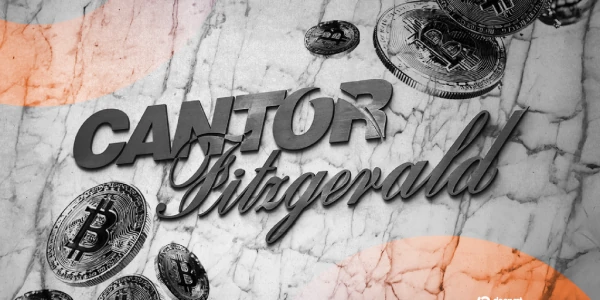
Why Bitcoin Skepticism Persists Even as Mainstream Adoption Grows: Adam Back
Bitcoin's Mainstream Acceptance: A Divisive Narrative
Bitcoin, once seen as an obscure technology primarily used for illicit activities on the dark web, has now gained widespread institutional acceptance. With Wall Street giants like BlackRock and even the U.S. government embracing it, the leading cryptocurrency has become more mainstream than ever—now even usable for everyday purchases like burgers.
Cypherpunk Perspective: Confusing Skepticism
Blockstream CEO and early Bitcoin advocate Adam Back expressed his bewilderment at the persistent skepticism surrounding Bitcoin. Despite cypherpunks' deep technical knowledge of cryptography and peer-to-peer networks, many remain uninterested in the cryptocurrency. Back remarked, "You understood all about code, peer-to-peer networks, privacy, public key cryptography, and secure sockets layer. Like, you have a huge leg up in understanding this, and you're not interested. What gives?"
Bitcoin's Potential Price Surge
Adam Back believes Bitcoin's current price is "strangely low" and could skyrocket to $500,000 or even $1 million per coin in this market cycle. He argues that institutional investment should have already driven the price significantly higher.
Skepticism and the Physical Nature of Money
Back, who corresponded with Bitcoin creator Satoshi Nakamoto in 2008, suggests that Bitcoin's intangible nature contributes to ongoing skepticism. "Some are skeptical about something that's not physical and yet has a scarcity," he noted, emphasizing that Bitcoin's value is still backed by tangible resources like energy and mining infrastructure.
Criticism from Traditional Finance Leaders
Despite growing adoption, Bitcoin faces harsh criticism from financial heavyweights. JPMorgan CEO Jamie Dimon has questioned Bitcoin's code integrity and dismissed it as "a hyped-up fraud" and "a decentralized Ponzi scheme," casting doubt on its 21 million supply cap.
Bitcoin's Origins and Potential Benefits
Created in response to the 2008 financial crisis—as evidenced by its genesis block's embedded newspaper headline—Bitcoin offers a scarce digital asset that proponents view as a true inflation hedge. However, Back suggests those comfortable with traditional finance may never fully appreciate Bitcoin's value proposition, as they don't experience the same financial pressures that birthed the cryptocurrency.
Most Viewed News








